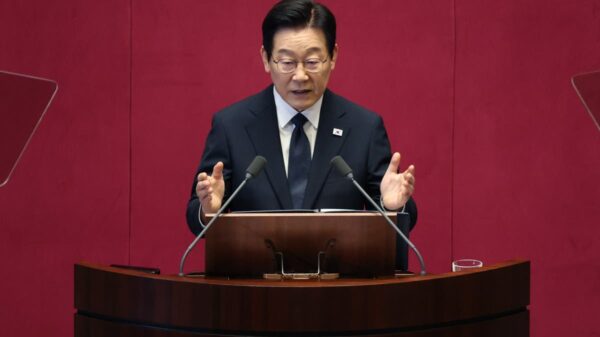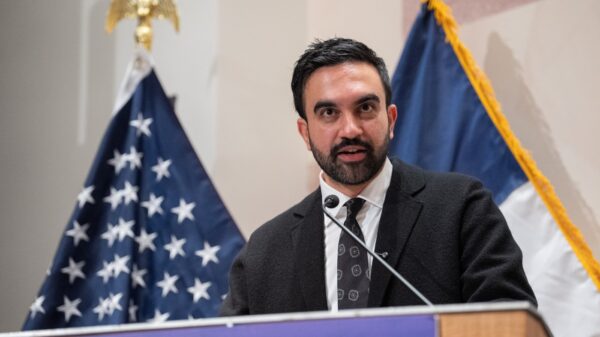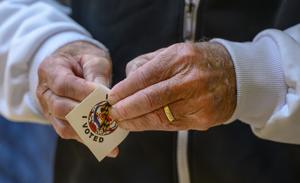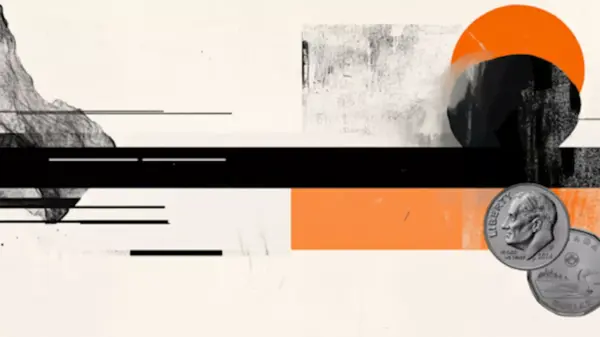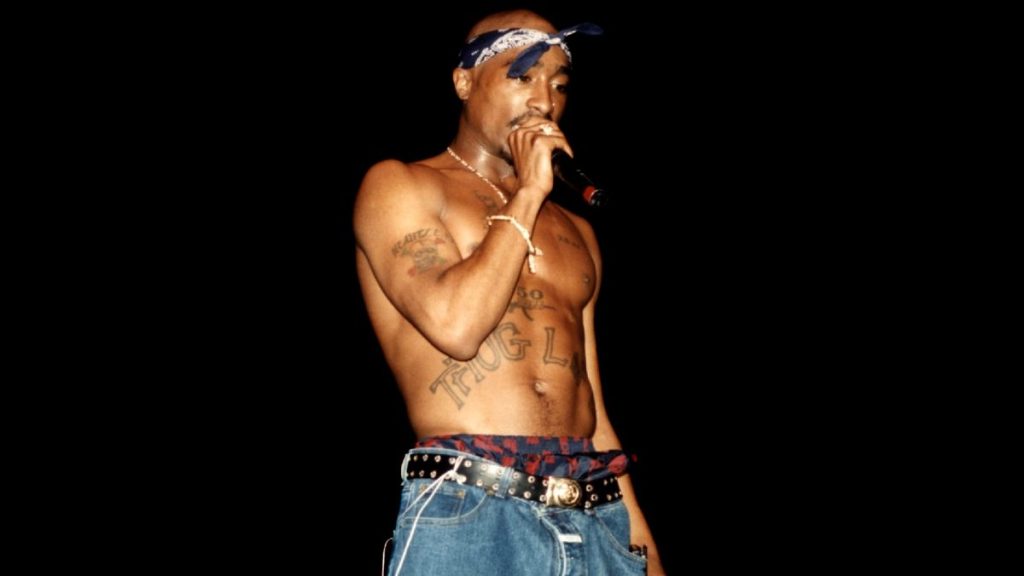BREAKING: New insights into the life of legendary rapper Tupac Shakur emerge as his former pen pal, journalist Nina Bhadreshwar, reflects on their correspondence during his time in prison in the 1990s. In a powerful piece for The Guardian, Bhadreshwar shares how their letters unveiled a profound and often overlooked side of Tupac, highlighting his passion for social issues and resilience amid personal turmoil.
Bhadreshwar’s connection with Tupac began before his 1994 imprisonment on sexual assault charges, a topic they never discussed directly. Instead, their exchanges revolved around shared interests in literature and social justice. “Writing to him struck a light in me,” she stated, emphasizing their mutual dedication to addressing police brutality and other pressing issues.
As Bhadreshwar navigated her own struggles with racism, mental health, and anorexia, she found inspiration in Tupac’s life experiences. “It was like: you’d better get your act together,” she recalled, noting how his determination in the face of adversity resonated deeply with her.
At the time, many of her friends in the United Kingdom were dismissive of Tupac and the West Coast hip-hop scene, favoring East Coast artists instead. “He’s not interesting, he’s not an artist,” one friend said about Tupac. However, Bhadreshwar’s correspondence revealed a different perspective. “I saw a different side,” she admitted, describing their shared love for literature and intellectual pursuits.
In their letters, Tupac expressed his thoughts on hustling and creativity, while Bhadreshwar sent excerpts from influential works, including those by Frederick Douglass and Machiavelli. Significantly, Tupac’s letters took on a new tone during his time in jail, shifting from despair to rage, and ultimately growing into courage and creativity.
Bhadreshwar expressed concern for Tupac during his incarceration, especially after he had been shot and robbed. “Tupac hated jail,” she said, noting that his letters were more lucid as he refrained from smoking marijuana. Yet, the emotional toll of his experiences was evident.
Tragically, Tupac was murdered in a drive-by shooting in Las Vegas in 1996, just one year after his release from prison, pending appeal. Bhadreshwar shared her devastation over his untimely death, stating, “It took me a long time to get over it.” She emphasized that their unique friendship and the level of trust they shared were irreplaceable. “If he had lived, I think he would have been known for his writing more than his music,” she concluded, affirming, “He was a man of letters.”
As this story unfolds, Bhadreshwar’s reflections offer a poignant glimpse into the complexities of Tupac Shakur’s life, revealing a man deeply committed to social issues and personal integrity. Stay tuned for more updates on this compelling narrative surrounding one of hip-hop’s most influential figures.











